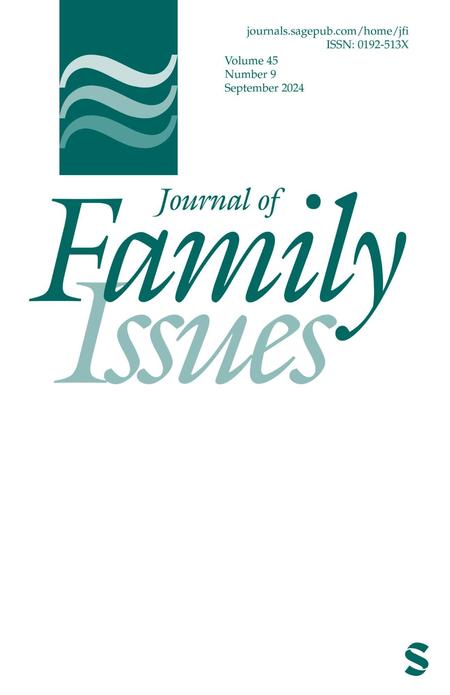
Direct and Indirect Associations of Food Insecurity, Adolescent–Parent Relationship, and Adolescent Future Orientation
This cross-sectional study on Ghanaian adolescents examined the direct and indirect associations of food insecurity, parent–adolescent relationship, and adolescent future orientation. We used structural equation modeling to examine reliability and validity of our latent constructs and our hypothesized direct and indirect relationships. Results indicated adequate fit of our measurement and structural models with the data. Results also showed a significant direct and indirect effect of food insecurity. Food insecurity was directly associated with parental connection, orientation toward success, and uncertainty about the future. Food insecurity was also indirectly associated with orientation toward success and uncertainty about the future, via parental connection. Further, higher levels of parental connection were directly associated with higher levels of orientation toward success and with lower levels of uncertainty about the future. Understanding the direct and indirect effect of food insecurity is important for the design of appropriate interventions that promote holistic and positive adolescent development.







